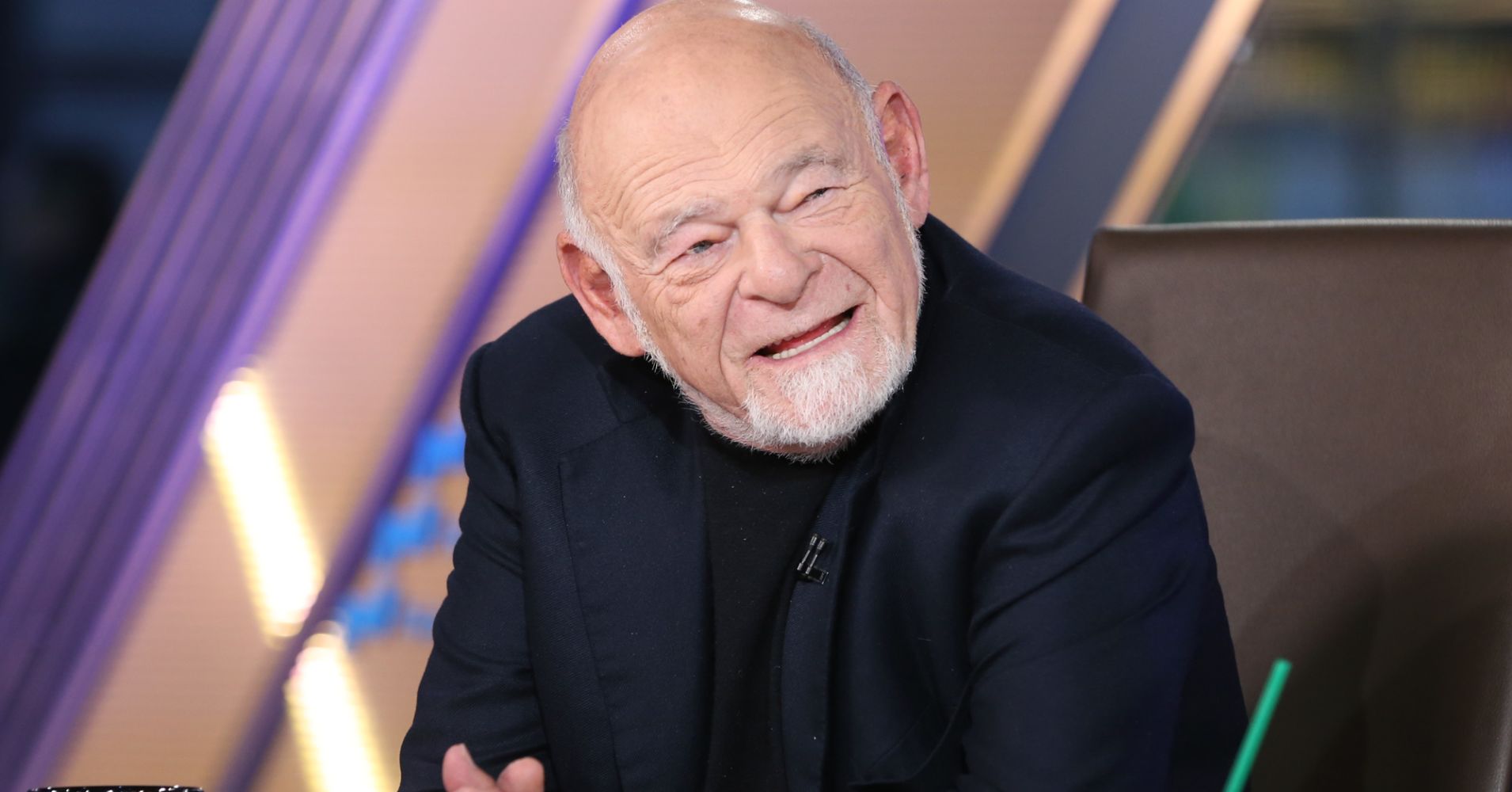The economy under President Donald Trump is “doing pretty well” and can stay on track even if the Democrats win the majority in the House in next week’s midterm elections, billionaire investor Sam Zell told CNBC on Wednesday.
“I think there’s a lot more clarity in public policy. I think there’s a lot more clarity in regulation” since Trump took office, said Zell, founder and chairman of the property specialist firm Equity Group Investments. “That clarity translates into a higher level of confidence.”
Democrats are favored to net at least 23 seats to gain control of the House, while Republicans are expected to hold the Senate, where they now have a 51-49 majority.
“If the Democrats take back the House, there will undoubtedly be a lot of histrionics and a lot of investigations” of the president, Zell said on “Squawk Box.” But with Trump in the White House, “I don’t see any significant impact coming from a change in the House other than less gets done.”
Zell reiterated he used to be a Democrat, but he’s more of a Republican nowadays, conservative on fiscal matters but liberal on social issues.
As a longtime proponent of higher interest rates, Zell said he believes “rising interest rates is healthy for the real estate economy.” He said near zero percent rates for years after the 2008 financial crisis actually kept a lid on growth.
“Very low interest rates took away the sense of urgency and the sense of the need to accomplish things,” he said. “There was no penalty to doing it tomorrow.”
There’s a heated debate raging every day on Wall Street over whether the Federal Reserve is hiking rates too quickly.
Zell’s views on rates differs from Trump, who has blasted Fed Chairman Jerome Powell for tightening monetary policy.
“I don’t think it’s raising rates too fast,” Zell said of the Fed.
The central bank has increased rates three times this year and is expected to hike again in December. The current range on the key fed funds rate that banks charge each other for overnight loans is 2 percent to 2.25 percent.
Earlier this month, Powell gave indications that the cost of borrowing money may move up faster than expected by saying rates are a long way from so-called neutral, a level that neither stimulates nor restricts the economy.


 Signal2forex.com - Best Forex robots and signals
Signal2forex.com - Best Forex robots and signals




